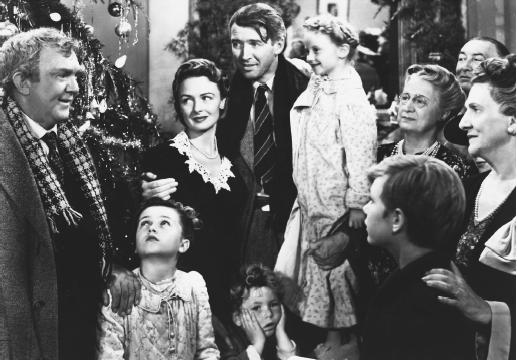 Economics has been leading the news and preoccupying our minds in recent days. This is one of those subjects that, especially on the broad scale, goes far beyond my comprehension and expertise. Others will have to speak to that. As an individual Christian, chaplain and Bible teacher, I have always been more interested in money matters at the level of the "widow's mite."
Economics has been leading the news and preoccupying our minds in recent days. This is one of those subjects that, especially on the broad scale, goes far beyond my comprehension and expertise. Others will have to speak to that. As an individual Christian, chaplain and Bible teacher, I have always been more interested in money matters at the level of the "widow's mite."I like the following quote from Walter Brueggemann, because it looks at society and economics from this grassroots level. He reminds us that good stewardship of our resources is a matter of sustaining community and treating our neighbors with respect and dignity.
The Deuteronomic tradition presents society as a neighborhood and enjoins attitudes and policies that enhance neighborliness. Deuteronomy insists that economic life must be organized to ensure the well-being of widows, orphans and immigrants. This response to dislocation insists that maintaining a public economy of compassion and justice is a way to move beyond despair. "You shall not deprive a resident alien or an orphan of justice. You shall not take a widow’s garment in pledge. Remember you were a slave in Egypt ...," Deuteronomy commands. A society that cannot be generous to those in need will not be blessed. The book instructs, "Every seventh year you shall grant a remission of debts.... Do not be hard-hearted or tight-fisted toward your needy neighbor. You shall rather open your hand, willingly lending enough to meet the need, whatever it may be."This is perhaps the most astonishing command in the Bible. It was the practice in that ancient world, as it is now, that anyone who owed money to another had to work it off. The more owed, the more work required. And if one owed enough, one might eventually belong to the "company store." But ancient Israel set a limit to such debt-related work, in order to prevent the formation of a permanent underclass. No matter how great the debt, it was to be worked off for six years and no longer. Then whatever debt remained was canceled. Deuteronomy makes clear that economic practice is a form of neighborliness and that economic provision must be adjusted to sustain community.









No comments:
Post a Comment